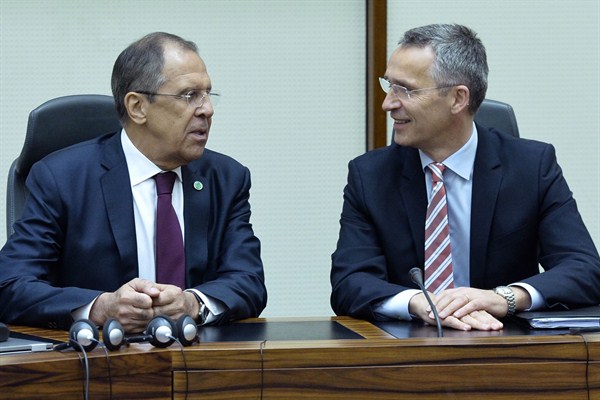Decision-makers rarely solve international tensions once and for all. They cobble together temporary fixes and leave future generations to iron out all the glitches later.
Europe’s leaders are currently paying the price for their forebears’ failure to establish a durable order in Europe after the collapse of the Soviet Union. In the 1990s, the U.S. and its allies appeared to have a unique opening to forge a lasting settlement to the continent’s security problems. There was no lack of ideas about to how to do this. Some argued that NATO should expand to cover the old Warsaw Pact, perhaps including even Russia. Others advocated for the European Union to develop its own army.
Despite all this bold talk, a number of knotty questions complicated policymakers’ work. Should Russia have a lasting say in European affairs? Could the EU and NATO co-habit as complementary security actors, or were they bound to be institutional rivals? For how much longer would the U.S. wish to underwrite European stability?

